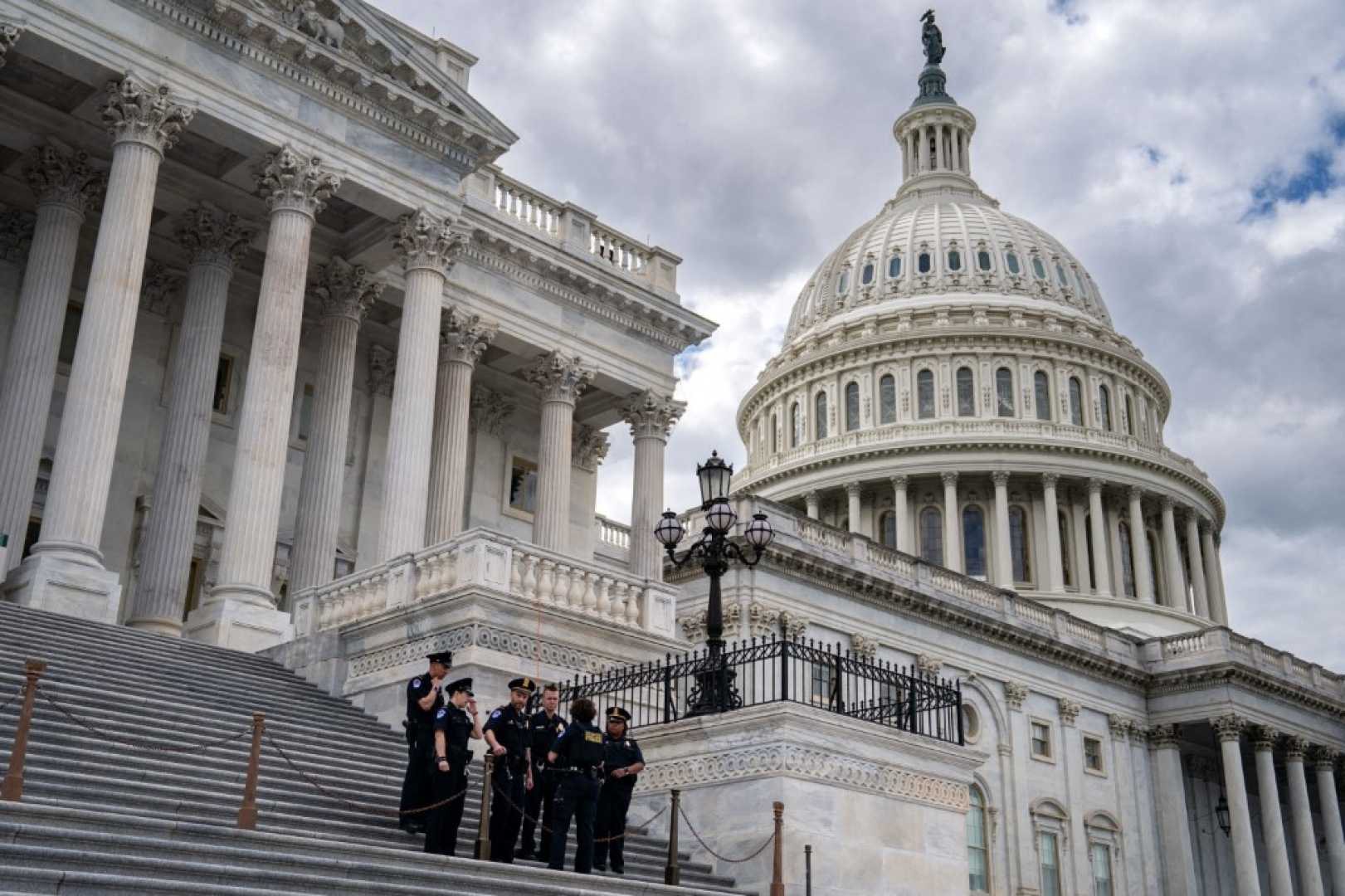World
U.N. Experts Urge U.S. Senators to Block ICC Sanctions Bill

WASHINGTON, D.C. — Four independent United Nations experts on Friday urged U.S. senators to oppose legislation that would sanction members of the International Criminal Court (ICC) after the tribunal issued arrest warrants for Israeli leaders over alleged crimes against humanity in Gaza. The bill, H.R. 23, passed the House of Representatives on Thursday with bipartisan support, sparking international concern.
The legislation, introduced by Reps. Chip Roy (R-Texas) and Brian Mast (R-Fla.), would impose sanctions on ICC officials involved in investigating, arresting, or prosecuting U.S. citizens or allies. Forty-five Democrats joined all 198 Republicans in voting for the bill, which now heads to the Senate, where Republicans hold a majority.
Margaret Satterthwaite, the U.N. special rapporteur on the independence of judges and lawyers, criticized the bill, stating, “It is shocking to see a country that considers itself a champion of the rule of law trying to stymie the actions of an independent and impartial tribunal.” She added, “Threats against the ICC promote a culture of impunity.”
The ICC issued arrest warrants in November for Israeli Prime Minister Benjamin Netanyahu and former Defense Minister Yoav Gallant, alleging crimes against humanity and war crimes in Gaza. The warrants also targeted Hamas leader Mohammed Diab Ibrahim Al-Masri for crimes committed during the October 7, 2023, attack on Israel.
According to the Gaza Health Ministry, Israel’s 463-day assault on Gaza has killed more than 46,500 Palestinians. A peer-reviewed study in The Lancet estimated that over 64,000 Gazans died between October 7, 2023, and June 30, 2024, due to Israeli military actions.
The U.N. experts emphasized that international standards protect legal professionals from intimidation or sanctions for performing their duties. “We urge U.S. lawmakers to uphold the rule of law and the independence of judges and lawyers,” they said.
Neither Israel nor the U.S. is a party to the Rome Statute, the treaty that established the ICC, but the court can prosecute crimes committed in signatory territories. The bill’s passage in the Senate would mark a significant escalation in U.S. opposition to the ICC.












